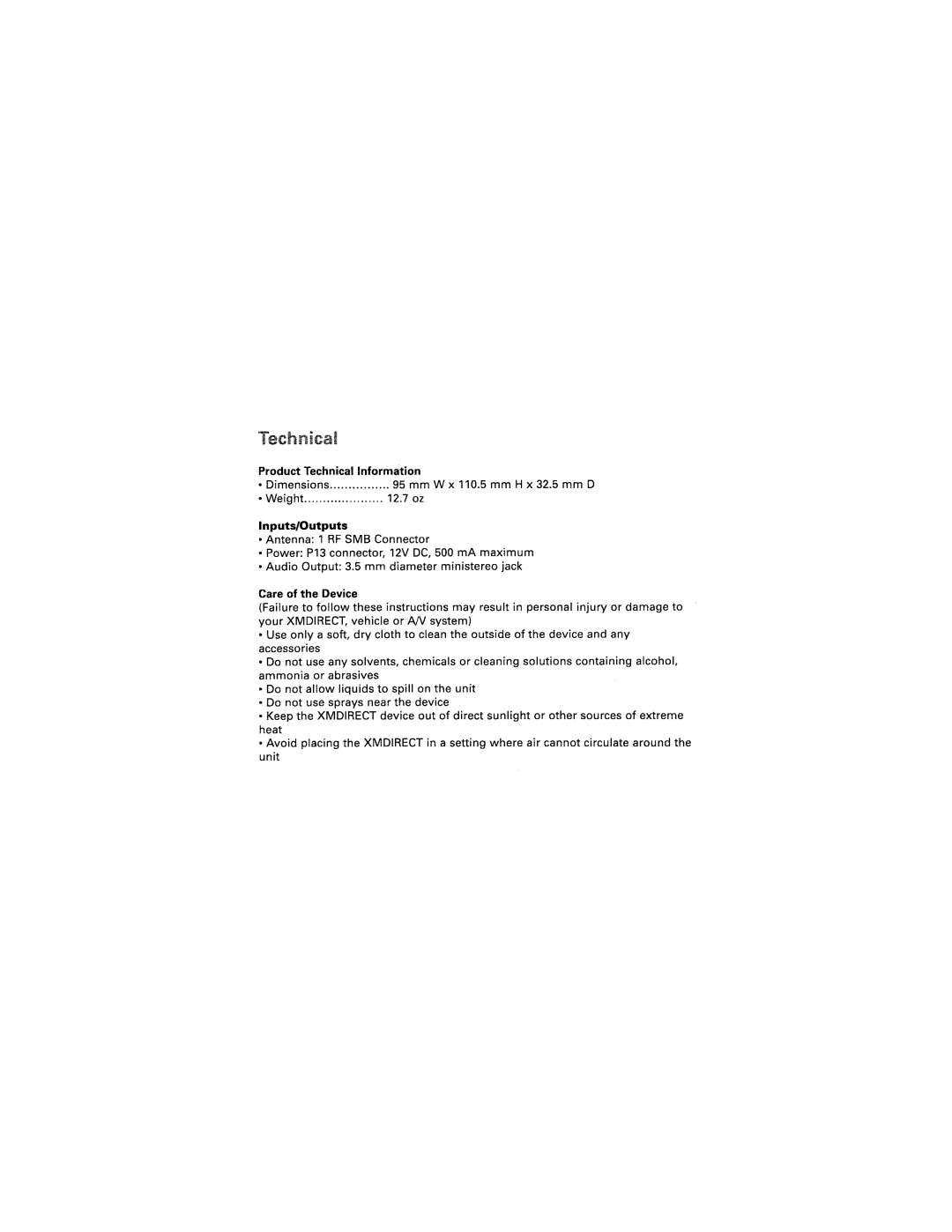700XMALPIN, alpine specifications
Alpine Linux is a security-oriented, lightweight Linux distribution that is designed primarily for use in servers, embedded systems, and containers. Its unique features and technological prowess make it a compelling choice for developers and system administrators looking for a minimalistic yet powerful operating system.One of the main characteristics of Alpine Linux is its incredible lightness. The default installation typically occupies less than 130 MB of disk space, making it ideal for container environments where efficiency is critical. This minimal footprint allows users to run high-density applications and services on the same hardware, optimizing resource utilization.
Alpine employs the musl libc and busybox, further contributing to its lightweight nature. Musl is a standard library for C that is designed to be simple, efficient, and small, while busybox consolidates several common Unix utilities into a single executable, reducing overhead and improving performance. This choice of libraries and tools allows Alpine to maintain a high level of performance while keeping the system size minimal.
Another standout feature of Alpine Linux is its focus on security. The distribution follows a rigorous security model, including a hardened kernel and various security enhancements. Notably, Alpine uses position-independent executables and stack-smashing protection to help mitigate buffer overflow attacks. Additionally, it employs a package management system that utilizes APK (Alpine Package Keeper) to facilitate secure and efficient package installation, removal, and upgrades.
Alpine's package ecosystem is another key aspect of its appeal. The Alpine Community frequently updates packages to ensure they are current and secure. The use of a rolling release model means users can always access the latest software versions without the need to perform major upgrades frequently.
Alpine Linux is also designed with ease of use in mind, featuring a straightforward installation process and a user-friendly configuration interface. The availability of various pre-built package repositories allows users to find and install the software they need without hassle.
In summary, Alpine Linux combines a lightweight design, robust security measures, and a flexible package management system, making it an ideal choice for a range of applications from cloud computing to local development environments. Its growing community and active development further enhance its attractiveness as a modern Linux distribution.

